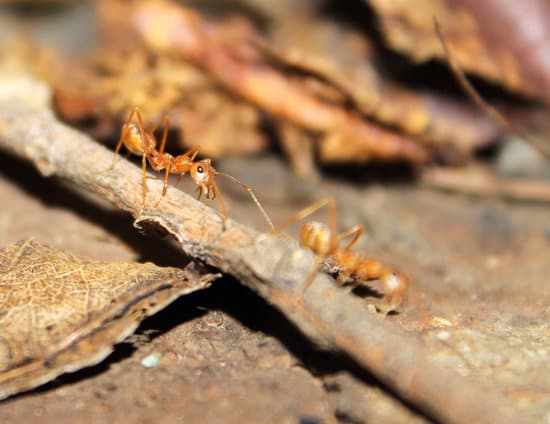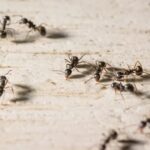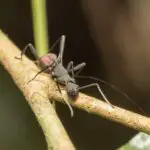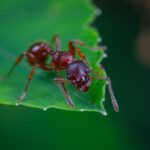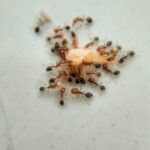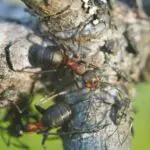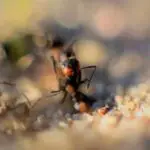Why Do Ants Never Get Sick?
Having an ant infection isn’t a good thing. Ants are highly social creatures, which means they share a lot of information with each other, and may be carrying germs or other pathogens on their skin. They may also carry germs in their soil or other surfaces.
In order to combat infection, ants have developed elaborate methods of disease control. One such method is called social immunization. Ants may change their behavior to keep sick ants away from other ants. This tactic is similar to what human populations do to keep diseases from spreading.
During the first two days of infection, healthy ants are particularly attentive to sick nestmates. They lick them, and may also clean their bodies, which kills the fungal spores on the body. This boosts the immune system of healthy ants, preparing them for future bouts of infection.
In a recent study, scientists investigated how ants fight disease. They analyzed how ants interact with each other and with the fungus Metarhizium. They also examined genetic evidence that ants have a second immune system.
Researchers found that when ants were exposed to a pathogenic fungus, they removed the spores from other ants. The fungus, however, is not lethal in small doses. It is not enough to kill all ants, but it does change the way they act. They may act strangely, such as licking their own bodies and then throwing the spores out.
Researchers also found that foragers without the fungus reduced their time spent inside the nest, and increased their time spent outside. This suggests that foragers may have learned to stay away from important members of the colony.
